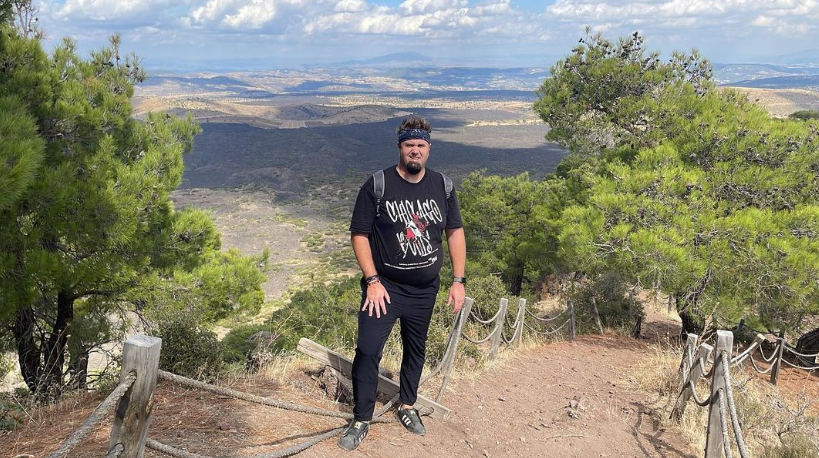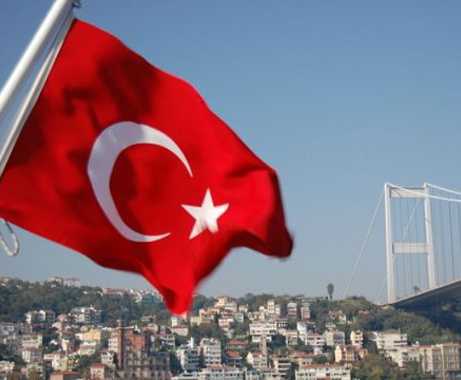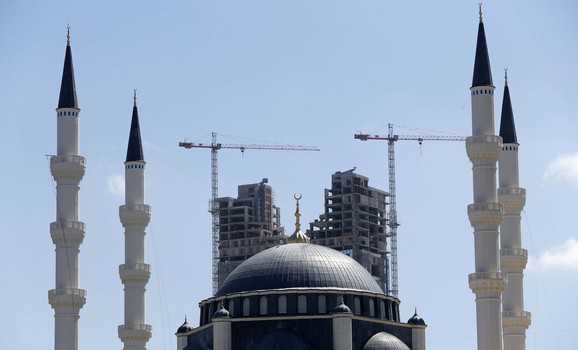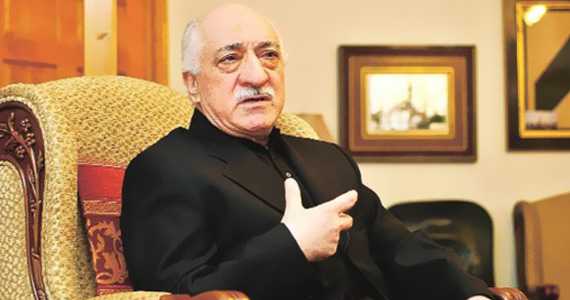Filed under: Lead Story, Turkey — Michael van der Galien, Editor-in-Chief on August 20, 2008 @ 9:48 pm CEST
PoliGazette’s Michael van der Galiën reports from Istanbul, Turkey.
ISTANBUL, TURKEY – When I visited the former capital of the Ottoman Empire, Istanbul, last year, I noticed more women wear a headscarf here than in Turkey’s second city, Izmir.
Additionally, I was greatly impressed by the size of Istanbul. For Dutch standards, Izmir is gigantic with its four million inhabitants. Istanbul, however, is so big that the Dutch nor English language have words to describe the feeling a Dutchman gets when he walks in Istanbul for the first time. The amount of people – from all races, classes, religions, backgrounds – is breathtaking. People and cars are everywhere. Crossing the street is an adventure; it could literally be your death if you do not run. One gets the impression that all 15 million inhabitants of the city want to get to work at the same time.
As said, that was not the only difference I noticed between the two cities. Izmir is truly a secular city. One sees almost no women wearing a headscarf. The women in Izmir are emancipated and modern.
In Istanbul the situation was different back in 2007. One did, of course, not see any burqas, for Turks tend to greatly dislike those customs, but headscarves were everywhere. Where only 5% or so of the female population of Izmir covers her head, it is not hard to imagine this number to be somewhere around 50% in Istanbul.
This year the situation in Istanbul has become worse. The step from a secular (Baku, Azerbaijan) city in a Moslem country to a religious city in a different Moslem country was gigantic. In Baku, like in Izmir, you can see just about no woman cover herself. In Istanbul, however, the situation has not merely remained the same, it has become worse.
One gets the impression that the political power of the Justice and Development Party, or AKP, is transforming this city in rather rapidly. Whenever I walk to a shop, even if it is only 500 meters (yards) away I can see at least one, mostly more, women completely dressed in black (something I did not see – often – last year). All too often the only thing you see is the women’s eyes. The rest is covered.
Many of these women are not Turks. They are mostly from Iran. Television in Iran is strictly censured. There is no chance whatsoever of Iranian women seeing things the religious leaders of that country do not want them to see. They mostly do not import TV shows. Many of the shows they do import, however, are from fellow Moslem countries. Especially Turkish TV shows are, I have been told, fairly popular in Iran.
Since Iranian men have to work and women often stay at home, or at least enjoy watching said shows, they get acquainted with Turkey, and especially with Istanbul. Most Turkish TV shows take place in this major city. They become curious and want to see it with their own eyes.
So, they convince their husband to book a trip to Istanbul, put their burqas in their suitcases, get in a plane and… before you know, you see them walking here.
Those women are not, however, the only ones dressed completely in black. Increasingly more Turkish women cover themselves completely as well. They talk like Turks, they walk like Turks… but they are dressed like Iranians and Saudis. They radically change the landscape; unlike the other Turkish women they are not laughing, nor talking loudly with each other. They are silent and follow their husband. They look at women who do not dress like them with an arrogance hard to imagine; one has to see the look to understand just how ‘dirty’ it is.
And so, the landscape in Istanbul is changing. One wonders whether it has reached an extreme and will become less in the coming years, whether it will remain the same or, and this is what I fear, it will become worse.
__._,_.___






